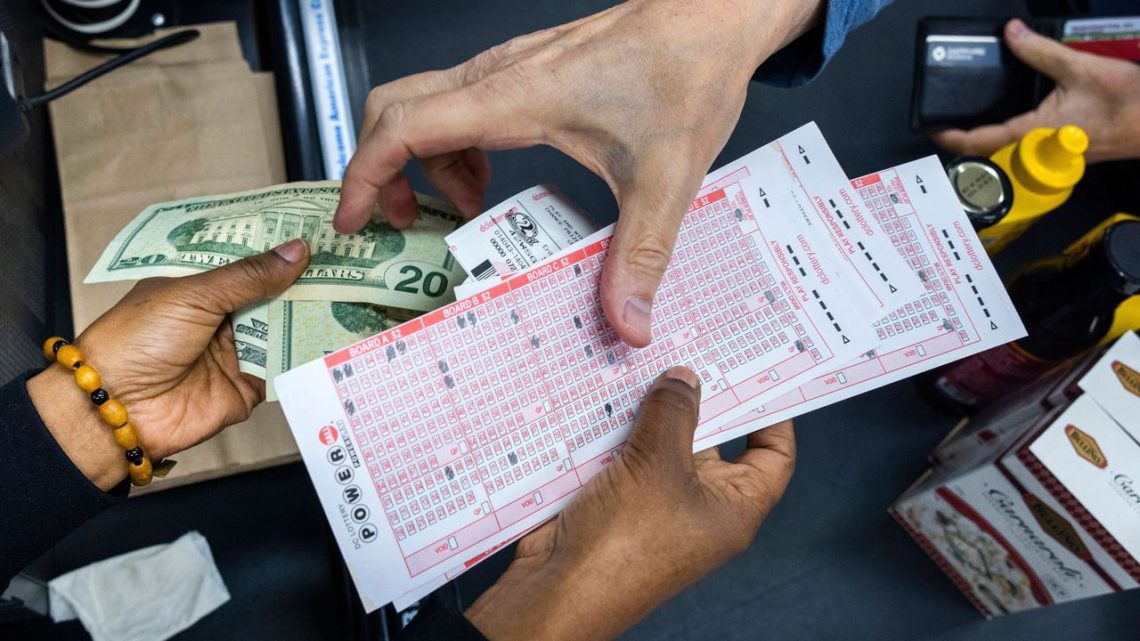In the realm of chance and luck, few games hold as much promise and allure as the lottery. It’s a simple concept: buy a ticket, pick some numbers, and wait for a draw that could potentially change your life forever. The lottery isn’t just a game; it’s a cultural phenomenon, an economic force, and for many, a beacon of hope login koitoto.
A Game of Probability
Lotteries are founded on the basic principles of probability, where participants select a set of numbers in hopes that they match those drawn randomly by the lottery machine. The odds are typically long, but the potential rewards are staggering. Whether it’s a few million or hundreds of millions, the jackpot is often enough to inspire dreams of a life transformed.
The Appeal of the Lottery
The appeal of the lottery lies in its simplicity and accessibility. Anyone of legal age can participate, and the cost of entry is usually minimal—a few dollars for the chance to win millions. This affordability makes it a popular pastime across socioeconomic lines, drawing in participants from all walks of life.
Economic Impact
From a macroeconomic standpoint, lotteries are significant revenue generators for governments. In many countries, proceeds from lottery sales contribute to public funding, supporting various initiatives such as education, healthcare, and infrastructure. This dual role—as a source of public revenue and a potential windfall for individuals—adds to its widespread acceptance and popularity.
The Psychological Aspect
Psychologically, the lottery taps into deep-seated human desires: the hope for a better future, financial security, and the ability to fulfill lifelong dreams. Even those who understand the odds against winning are often drawn to the lottery by the simple allure of “what if?”
Responsible Gambling
Despite its widespread popularity, the lottery, like any form of gambling, carries risks. For some, it can become addictive, leading to financial troubles and other negative consequences. Responsible gambling practices, including setting limits on spending and viewing it as entertainment rather than a financial strategy, are crucial to mitigate these risks.
The Dark Side
Critics argue that lotteries disproportionately affect lower-income individuals, who may view the lottery as a way out of poverty—a hope that is statistically unlikely to materialize. Additionally, the advertising and promotion of lotteries, often featuring winners living extravagant lifestyles, can create unrealistic expectations and encourage excessive spending.





